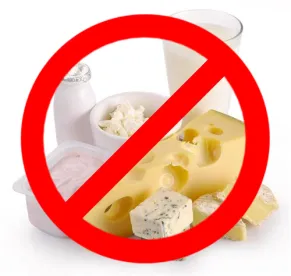In a case that we have previously blogged about, the State of California asked the court to grant its motion for summary judgment against Mikoyo’s claims that the California Department of Agriculture had violated the First Amendment in its enforcement actions against Mikoyo which, among other things, would prevent Miyoko’s plant-based product as being marketed as a “butter.” Also at issue were the marketing of the product as “Hormone Free,” Lactose Free,” “Cruelty Free,” and “Revolutionizing Dairy with Plants.”
On each of the issues, California argued that the actions of the California Department of Agriculture were taken to prevent false or misleading speech which is not protected by the First Amendment. In the alternative, California argued that its actions directly advanced a substantial interest in a narrowly tailored manner and therefore satisfied Central Hudson’s intermediate scrutiny framework. In particular, California argued that it was merely enforcing the federal standards of identity which were established as a uniform scheme intended to prevent consumer confusion. Indeed, California noted that federal preemption of state labeling requirements generally prevented it from enforcing its own set of rules.
California’s motion argued that consumers were confused by the marketing of similar plant-based products, and that the level of consumer confusion was significant enough to satisfy the Central Hudson test when applied to the restrictions at issue (i.e., the labeling of the product as “butter,” and the other marketing statements traditionally associated with dairy products). Importantly, its motion referenced a study which reported that 26% of consumers failed to recognize that a vegan cream cheese product, which was also labeled with dairy-associated statements like “lactose free,” was plant-based. As to the “Hormone Free” claim, California argued that because the plants from which Mikoyo’s product was sourced contained endogenous hormones, the statement was demonstrably false. In contrast, Mikoyo had argued that the statement was not misleading because it only highlighted that the product did not contain hormones injected into cows. Finally, California also argued that a claim relating to an image of a person hugging a cow on Mikoyo’s website was moot because the Department acknowledged that it misinterpreted the statute and therefore would not take action to prevent the image being displayed on Mikoyo’s website.



 />i
/>i
